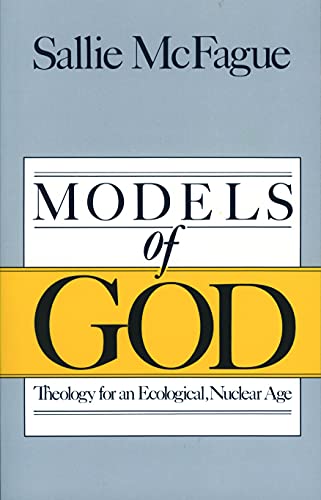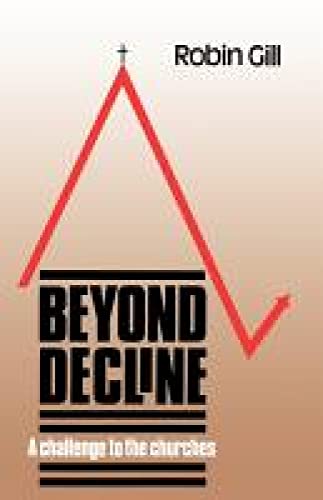The Son in the Bible and the Church
Written by John Thurmer Reviewed By Howard C. BiggThis is a useful little book, easy to read and covering a great deal of ground in 100 pages. The author asks the question: Did Jesus believe himself to be the Son of God, one with the Father in a unique sense? In several brief chapters, the answer which emerges is that Jesus was indeed aware of his unique status as affirmed by traditional orthodoxy. The book is aimed at those ‘with some knowledge of modern thought who wish to maintain and strengthen their faith, but are disappointed or alarmed … by much of what is now said and done’.
Inevitably, the author’s treatment of his subject is somewhat superficial, but there are, nevertheless, frequent flashes of insight and the chapter dealing with the virgin birth is particularly valuable. By his concentration on the theme of Sonship, the author conveys how crucial is this category in the NT as the key to Jesus’ self-understanding.
The chapter on Son and Spirit has some telling criticism of the Spirit Christology recently advocated by Lampe and others. The next one on the suffering of God is a subject that has come to the fore in recent years and Canon Thurmer has a sensitive and sensible contribution to make to this debate. He only partially endorses W. H. Van-Stone’s moving book Love’s Endeavour Love’s Expense (1977) by noting that it points dangerously in the direction of identifying God with his creation. What, however, is undeniable, especially from the evidence of Hebrews, is that ‘the incarnate son has an element of the questing and experimental about his Sonship’ (p. 73). Clearly, divine Sonship is not incompatible with learning obedience (Heb. 5).
This book, then, has many strengths, but there are blemishes. On a general note, the author’s handling of critical issues is at times inadequate. Thus in seeking to rehabilitate the Fourth Gospel as a reliable historical source, he ventures into a field where both his prejudices and lack of critical skill are somewhat evident. It seems that one has to choose between ‘accurate reminiscence’ or ‘Christian reflection’—one cannot have both (see p. 16).
My other main criticism centres on the chapters dealing with the role of women. Canon Thurmer believes that what he writes about the Father-Son relationship has consequences for the ‘maleness’ of God. He writes: ‘Christian orthodoxy requires us to hold that, from the incarnation and to all eternity, God has a male human body’ (p. 78). It has to be said that in chapters 13 and 14 the quality of the book plummets and the style suggests a good deal of bitterness at recent developments connected with women’s ministry. He insists that the arguments advanced by all advocates of the ordination of women are entirely due to ‘secular movements and changes’ (p. 82). He refuses to see any influence of the Spirit at all in contemporary developments and dismisses Mary Hayter’s recent carefully argued book in favour of women’s ordination (The New Eve in Christ,SPCK, 1987) in a footnote. It is a great pity that muddled thinking and prejudice on this issue should mar an otherwise well-written and attractive little book.
Canon Thurmer’s book should, with the reservations expressed above, prove useful to clergy and others as an introduction to a complex area. It will also give students new to theological study an overview of a relevant area of Christology.
Howard C. Bigg
Cambridge







